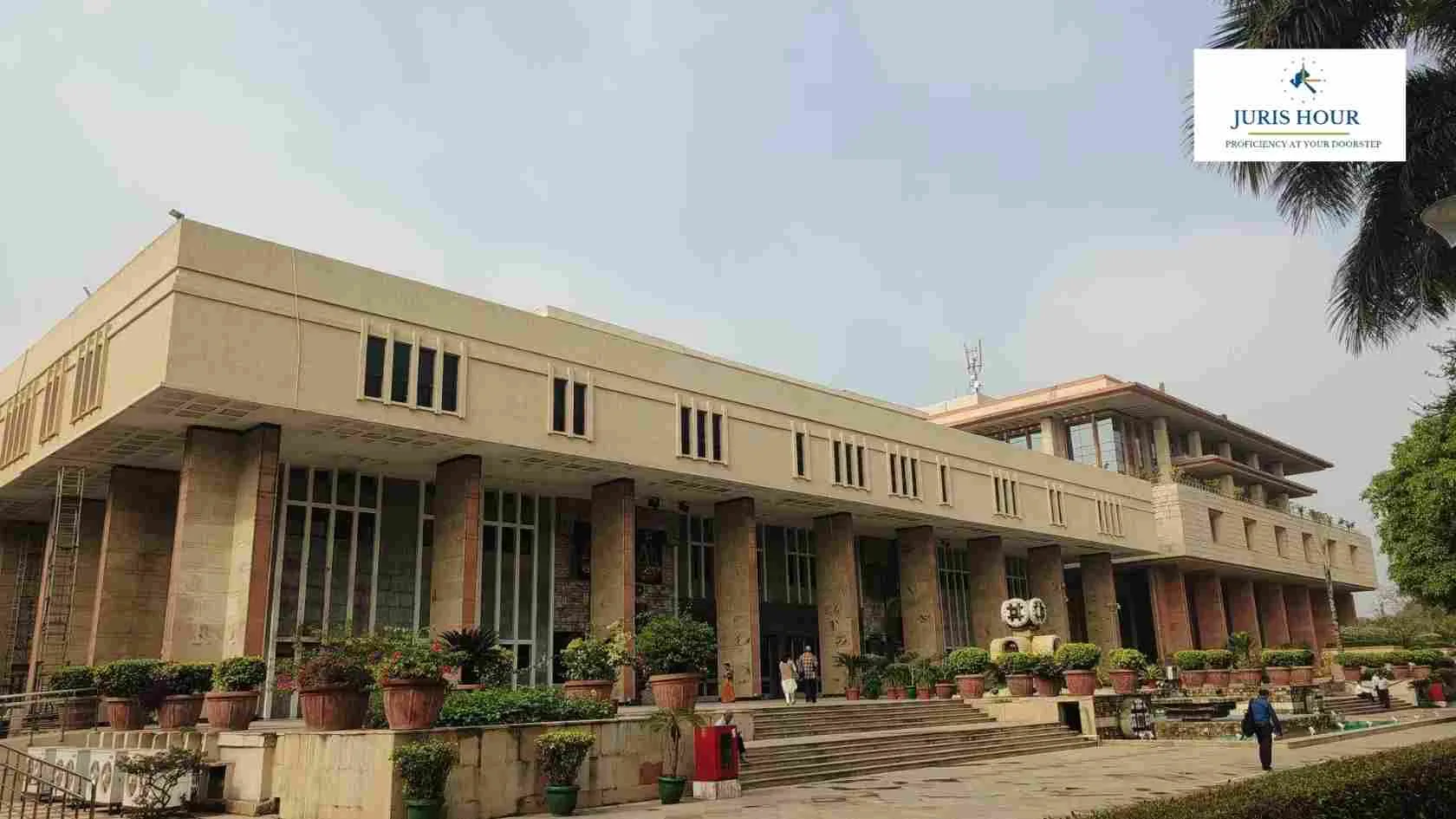The Delhi High Court has dismissed the Income Tax Department’s appeal challenging an Income Tax Appellate Tribunal (ITAT) order which ruled in favour of Hindustan Power Projects Pvt. Ltd. regarding the disallowance under Section 14A of the Income Tax Act, 1961.
The bench of Justices Vibhu Bakhru and Tejas Karia upheld the ITAT’s order, which found that since Hindustan Power Projects Pvt. Ltd. had not earned any exempt income during Assessment Year (AY) 2018-19, no disallowance under Section 14A was warranted.
The case pertains to the Assessment Year (AY) 2018–19, during which Hindustan Power Projects Pvt. Ltd. did not earn any tax-exempt income such as dividends. Despite this, the Principal Commissioner of Income Tax (PCIT) invoked Section 263 of the Income Tax Act to revise the original assessment made under Section 153A by the Assessing Officer (AO). The PCIT held that the AO had erred by not making a disallowance under Section 14A read with Rule 8D, which relates to disallowance of expenditure incurred to earn exempt income.
The company challenged the PCIT’s revision before the ITAT, arguing that it had not earned any exempt income during AY 2018–19. Therefore, no expenditure could be attributed to exempt income. Even the investments made were out of surplus funds, negating any assumption of related expenditure.
The ITAT ruled in the company’s favour, noting that various High Courts — including the jurisdictional Delhi High Court — had consistently held that no disallowance under Section 14A can be made where there is no exempt income.
The department approached the High Court under Section 260A, contending that the ITAT wrongly set aside the Principal Commissioner of Income Tax’s (PCIT) order under Section 263, which held that the original assessment by the Assessing Officer was erroneous for not disallowing expenditure under Section 14A. This provision pertains to disallowing expenditure incurred in relation to income not forming part of total income (i.e., exempt income).
The Court also emphasized that the ITAT had rightly relied on its jurisdictional precedents, particularly Pr. Commissioner of Income Tax-04 v. IL & FS Energy Development Company Ltd. and Pr. Commissioner of Income Tax (Central)-2 v. Era Infrastructure (India) Ltd. Both cases held that when no exempt income is earned, Section 14A read with Rule 8D cannot be invoked to disallow any expenditure.
The Court observed that the PCIT had failed to consider the binding decisions of the Delhi High Court and instead relied on rulings of non-jurisdictional High Courts. The judges concluded that there was no error or prejudice to Revenue in the assessment and thus no basis to invoke Section 263.
Case Details
Case Title: PCIT Versus Hindustan Power Projects Pvt. Ltd.
Case No.: ITA 227/2025
Date: 14/07/2025
Counsel For Petitioner: Sanjay Kumar
Counsel For Respondent: Sanchit Jolly, Sr Advocate
Read More: IPR Infringement | Supreme Court Recognizes Companies As “Victim” Under Criminal Laws

